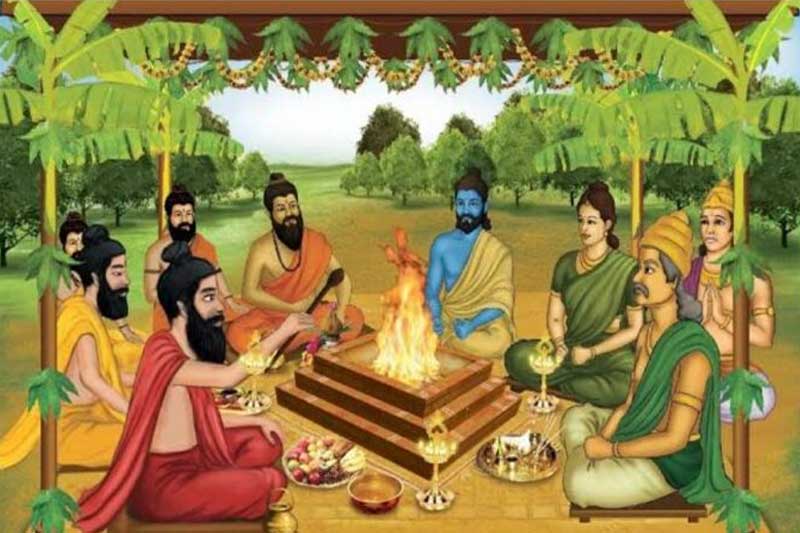What is Importance of Havana and Yagya in Hinduism?
In Hinduism, Havana (also spelled Havan) and Yagya are ancient rituals that hold deep spiritual and religious significance. They involve the offering of various substances into a sacred fire while reciting Vedic mantras. Both rituals symbolize a connection with the divine forces and the purification of the self and the environment. Here's a closer look at their importance:
1. Spiritual and Cosmic Balance
Havana and Yagya are considered acts of offering and sacrifice that help maintain the cosmic balance. Through these rituals, the practitioner seeks to harmonize the energies of the universe with their own life. This process is believed to appease the gods, foster blessings, and maintain balance in nature and society.
2. Purification (Pavitra)
The fire in Havana and Yagya is symbolic of Agni, the god of fire, who is believed to be a messenger between humans and gods. Offering substances like ghee, grains, herbs, and wood into the sacred fire purifies both the material world and the soul of the participants. It is thought to cleanse the mind, body, and spirit, removing negativity and promoting spiritual growth.
3. Connection with the Divine
Yagya and Havana are mediums for worship and communication with the divine. Fire is seen as a sacred channel through which offerings are made to the gods and deities. The smoke rising from the fire is believed to carry prayers to the divine realm, establishing a direct connection with the higher powers.
4. Offering and Sacrifice
Both rituals emphasize the concept of sacrifice, which is central to Hinduism. By offering valuable items like ghee and food, participants express their gratitude to the gods and nature for their blessings. It is a symbolic act of giving back to the universe, which is believed to bring positive outcomes such as prosperity, health, and peace.
5. Invoking Positive Energies
The vibrations generated from chanting mantras during the Havana or Yagya, combined with the energy from the fire, are thought to attract positive energies and dispel negative influences. This is particularly important during major life events, such as weddings, housewarming ceremonies, or during times of illness or difficulty, to bring auspiciousness and peace.
6. Vedic Tradition
Yagya has its origins in the Vedic period and is deeply rooted in Vedic philosophy. In ancient times, Yagya was central to religious practices, conducted to invoke various gods for rain, fertility, prosperity, and the well-being of society. It remains an integral part of Vedic rituals and is a way to preserve and continue these ancient traditions.
7. Moral and Ethical Reminder
The act of conducting Havana or Yagya is also a reminder of moral duties. The offering symbolizes letting go of personal desires and attachments, encouraging a mindset of selflessness and surrender to a higher power. It teaches the importance of discipline, devotion, and adherence to Dharma (righteousness).
8. Healing and Environmental Benefits
In modern times, some believe that the substances used in Havana, such as herbs and medicinal plants, release beneficial compounds when burned. These are said to have healing properties for the environment and those present, purifying the air and contributing to overall well-being.
9. Marking Significant Life Events
Yagya and Havana are often performed during important life events such as marriages, births, housewarming ceremonies, and festivals. They are seen as a way to invite blessings and ensure that the occasion is successful and spiritually protected.
10. Symbol of Unity and Community
In many Hindu communities, Yagya and Havana are conducted as group rituals. These events bring together families and communities to collectively participate in an act of worship. This fosters a sense of unity, shared purpose, and social harmony.



